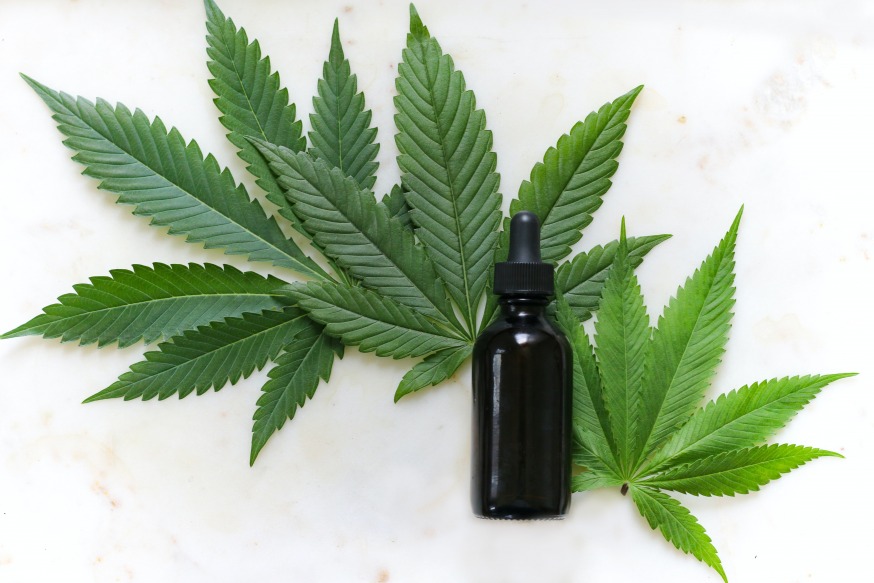
Photo by Kimzy Nanney on Unsplash
March 10, 2022 Sponsored Story By Atty. Jeffrey Hoffman
*Jeffrey Hoffman is a licensed attorney in New York with over a decade of experience assisting clients ranging from large corporations to sole proprietorships. His practice focuses on advising clients in business negotiations and term sheet / contract drafting as well as securing licenses / permits in regulated industries such as cannabis and mobile vending.
On March 31, 2021, the Marihuana Regulation & Taxation Act (MRTA) became the law of the land in New York. Generally, it legalized adult-use cannabis (also known as recreational marijuana) in the state and established a basic framework for licensing the cultivation, processing, distribution, retail dispensing, delivery, and on-site consumption of cannabis. The legislation also created the Office of Cannabis Management (OCM) governed by a Cannabis Control Board.
Some parts of MRTA are already in full effect in New York. It is now legal for a person 21 years of age or older to possess and use cannabis products in various quantities depending on the kind of product (flower, vape, edible, etc). In a departure from other states, which strictly limit the consumption of cannabis to private homes or other private spaces, New York allows the smoking of cannabis in any location where smoking cigarettes is allowed.
Over the course of 2022, the OCM will draft a regulatory scheme for the implementation of MRTA. In particular, they will flesh out all of the rules for cannabis businesses and the 2 year renewable licenses for the cultivation, processing, distribution, retail dispensing, delivery, and on-site consumption of cannabis. As in other states, there will be a limit on the number of each kind of license available. With limited exceptions, businesses will only be allowed to have one of those kinds of licenses – for example, a processing licensee will not be able to also have a retail dispensing license.
However, MRTA provides for an additional kind of license – the microbusiness license.
This will be more broadly available and shall authorize the limited cultivation, processing, distribution, delivery, and dispensing of a licensee’s own adult-use cannabis and cannabis products. This makes the microbusiness license one of the few instances in which vertical integration will be allowed.
As with other permitting and licensing programs in New York, a special effort will be made to include various groups in the license pool. Such groups include service-disabled veterans, minority-owned businesses, women-owned businesses, distressed farmers, and those with an income lower than 80% of the median income of the county in which the license applicant resides.
New York has created some of the most liberal cannabis laws, not just in the United States, but anywhere in the world. Whereas most other jurisdictions have significant restrictions on where cannabis can be consumed, New York allows consumption anywhere cigarettes are allowed. Additionally, of all the jurisdictions which have legalized adult-use cannabis to date, New York has the most robust plan for on-site consumption lounges. It is quite likely that within the next five years, New York City (New Amsterdam) will take the title of “Cannabis Tourism Capital of the World” from the current holder: (Old) Amsterdam. Those that are interested in participating in this novel industry are well advised to start forming their business plans and preparing for the submission of their license application.
Law Office of Jeffrey Hoffman
200 West 81st Street
New York, NY 10024
(646) 692-4083
info@420jurist.com
Note: Cannabis possession and use remains illegal under federal law.
Attorney Advertising. This information is not a substitute for professional legal advice, does not create an attorney-client relationship, and is not a solicitation to offer legal advice. If you ignore this warning and convey confidential information in a private message or comment, there is no duty to keep that information confidential or forego representation adverse to your interests. Seek the advice of a licensed attorney in the appropriate jurisdiction before taking any action that may affect your rights.
3 Comments

you can make all the laws you want. building bylaws rule. we evicted 4 rental tenants last year in my co-op building that also has rental units own by a management company. the tenants were smoking pot day and night, and parents were complaining. what was even more startling was that these tenants disabled the smoke detectors in their units.
Sounds like it was easy to enforce and not a big problem then.
Didn’t you say you were “glad you left” NYC because progressives made the city so bad? Now you’re pretending you still live here? ?
This is a big problem for many. The few are making quality of life worse for the many. Pot smokers don’t realize or care how pungent the smoke is and how it permeates from one apartment to the next. Airing out your apartment when it’s 20F outside is annoying. Rentals and Coops have some leverage but the attached home owners not so much. I personally don’t care what someone else does, it’s their lungs, but I don’t want to smell it and I don’t know what’s in the smoke making it a serous health concern, especially today when fentanyl and such makes it’s way into drugs.